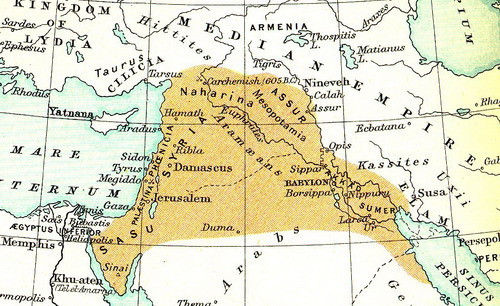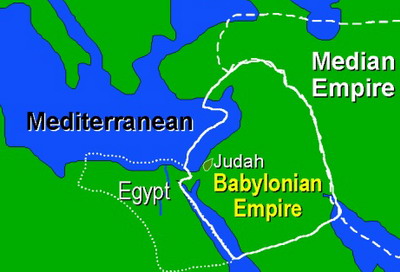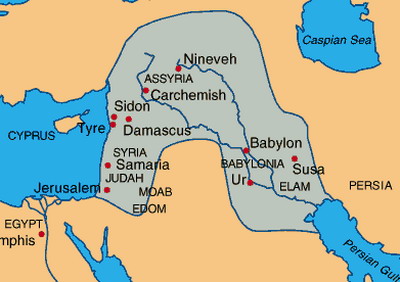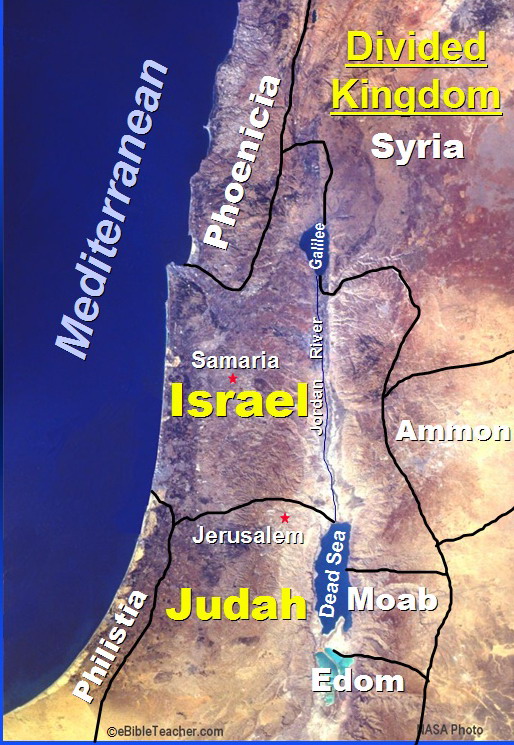Brit-Am Commentary (BAC).
Contents:
King Jehoiakim of Judah.
King Jehoiacin of Judah.
King Zedekiah of Judah.
|
Brit:Am Discussion Group |
Contents by Subject |
Research Revelation Reconciliation Contribute |
|
Site Map Contents in Alphabetical Order |
This Site |
2 Kings 24
King Jehoiakim of Judah.
[2-Kings 24:1] In his days Nebuchadnezzar king of Babylon came up, and Jehoiakim became his vassal for three years. Then he turned and rebelled against him.
Babylonian Chronicles show that Nebuchadnessar conducted several campaigns against Jehoiakim.







